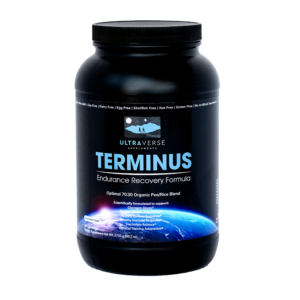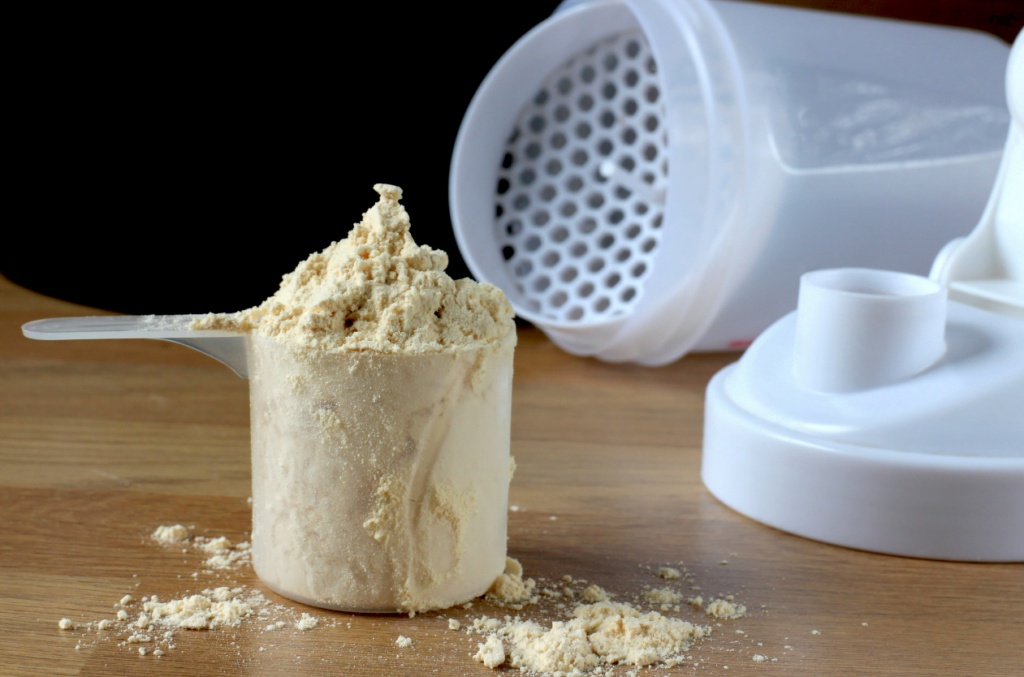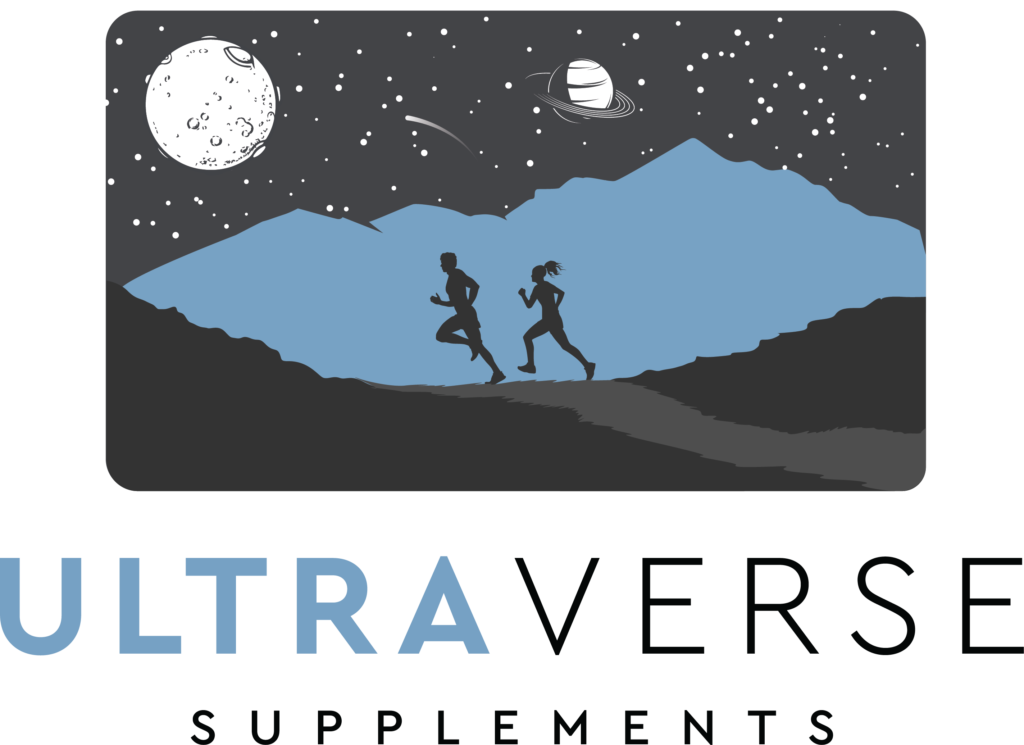Uncategorized
The BEST Supplements for Endurance Recovery
Most endurance athletes have heard the phrase, “you should recover as hard as you train.” The purpose of this blog is to shed some light on the best supplements for endurance recovery. We are specifically talking about the time immediately following a workout session. Therefore, we do not include supplements like curcumin and omega-3’s, which are undoubtedly beneficial. However, it doesn’t really matter whether you take them immediately after exercise, before exercise, or even hours away from activity.
In other words, the best supplements for endurance recovery to take as soon as possible following a workout for optimal recovery and adaptation. The 30 minutes following a hard endurance session are critical for optimal recovery. You just worked your tail off, don’t let any of that hard work go to waste!
Remember, recovery is an ongoing process, and there are obviously many factors besides the first 30 minutes. With that said, the first 30 minutes are all about giving your body the immediate nourishment it needs to promote recovery and adaptation. This process can easily (and should) be incorporated into your immediate post-workout routine. It’s well worth your time to recovery as well as possible during this time!
These are the BEST Supplements for Endurance Recovery
Quick Digesting Carbohydrates
Endurance athletes need to take in around .8 to 1.2 g/kg of carbohydrates following endurance exercise. Consuming carbs post-workout not only tops off glycogen to fuel you for your next workout but also helps regulate cortisol, boost immunity, and prevent muscle catabolism. Considering all the benefits of post-workout carbohydrate intake, it’s easy to see why they are one of the best supplements for endurance recovery.
Here are the key points to remember as an endurance athlete in regards to carbohydrate intake post-workout.
- Take quick digesting carbs, like dextrose, within 30 minutes after endurance exercise.
- Simple sugars (carbs) do not have the same negative health consequences when consumed within 30 minutes after exercise. If you want more information on simple sugars for endurance athletes, check out the blog Endurance Athletes and Sugar.
- Aim for .8 to 1.2 g/kg of carbohydrates within 30 minutes post endurance exercise.
Complete Protein
I’m sure it comes as no surprise that endurance athletes need some high-quality protein after a workout. Adding protein to carbohydrates post-workout improves glycogen replenishment more than carbs alone. Additionally, protein will jumpstart protein synthesis while also preventing further muscle breakdown.
Here are some key points to remember in regards to protein for endurance athletes.
- Take your first serving within 30 minutes of exercise to stimulate protein synthesis and prevent further muscle breakdown.
- Protein should be consumed in a 1:3 to 1:4 ratio with carbohydrates for best results (Kerksick et al., 2008).
- The amount consumed should be based on weight, not a one size fits all recommendation or serving. Remember, athletes should be ingesting about 1 g/kg of carbohydrate following an endurance workout. If you are utilizing a 1:3 to 1:4 ratio (like you should), that equals about .33 to .25 g/kg of protein.
- Keep the protein complete. If you’re using a plant protein, make sure it has the appropriate combination of different protein types to create a high-quality amino acid profile. For example, pea and brown rice proteins by themselves have shortcomings in their amino acid profile. But when pea and brown rice proteins are combined in the appropriate ratio, their amino acid profile is almost identical to whey.
 BCAAs (Especially Leucine)
BCAAs (Especially Leucine)
BCAAs have been shown to help endurance athletes in numerous ways. Recovery is just one of these ways. Check out BCAAs for Endurance Athletes to learn more about why BCAAs are not just one of the best supplements for endurance recovery but one of the best endurance supplements, period.
Leucine is likely responsible for most of the recovery benefits associated with BCAA ingestion. This is one reason why you’ll usually see BCAAs in a 2:1:1 ratio – leucine: isoleucine: valine. Typical protein powders do not contain enough protein to optimally stimulate protein synthesis and improve endurance recovery. Therefore, in most cases, extra leucine is needed IN ADDITION to a complete protein for optimal recovery.
For more information on how leucine should be used in your post-workout routine, check out Nutrition for Ultra-Runners Part #3: Optimal Post-Workout Recovery.
Adequate leucine and BCAAs promote recovery following endurance exercise in the following ways;
- Promote optimal protein synthesis
- Prevent further muscle breakdown
- Improve cortisol response
- Boost immunity
- Promote glycogen replenishment
Glutamine
Glutamine is another amino acid that is beneficial for endurance recovery. Glutamine levels decrease in the body following endurance exercise. Adding in some glutamine to your post-workout recovery routine will help to;
- Boost immunity (Song et al., 2015)
- Improve muscle recovery (Legault et al., 2015)
- Increase glycogen replenishment
- Prevent overtraining
- Prevent GI distress by reducing exercise-induced intestinal permeability (leaky gut syndrome)
Carnitine
Carnitine is an amino acid derivative produced in small amounts in the body that you can also acquire from some foods. Carnitine is crucial for converting fat into usable energy, a characteristic especially important for endurance athletes. Consistent carnitine supplementation has shown to be beneficial to both recovery and performance in endurance athletes. Carnitine aids in the recovery process by helping repair damaged muscles and reducing cellular damage and free radical formation (Fielding et al., 2018).
Plant-based athletes are at higher risk of inadequate carnitine as they acquire minimal amounts from food, making supplementation particularly beneficial. There are various forms of carnitine. However, L-carnitine is the best form for exercise performance and recovery and has demonstrated effectiveness in doses ranging from 1000 – 4000 mg per day.
Electrolytes
I’m sure the fact that endurance athletes lose a lot of electrolytes through sweat is no surprise to anyone reading this. It’s common sense that any electrolytes lost during endurance activity should be replenished.
Even so, many endurance athletes fail to accomplish adequate electrolyte replenishment following a workout. Replenishment should be happening as soon as possible following an endurance session. Therefore, incorporating electrolytes into your immediate post-workout nutrition is a good practice.
Sodium is the primary electrolyte lost in sweat. As a result, an endurance athlete should pay particularly close attention to sodium replenishment. That being said, a post-workout beverage with the appropriate balance of electrolytes – sodium, potassium, chloride, magnesium, and calcium is ideal. Electrolyte deficiency in endurance athletes can cause various symptoms, including but not limited to;
- Cramping
- Nausea
- Dizziness
- Increased heart rate
- Hyponatremia
Check out The Importance of Electrolytes for Endurance Athletes to learn more about why electrolytes are one of the best supplements for endurance recovery.
Zinc
One of the main goals of recovery should be to replenish what was lost during endurance workouts. Zinc is often overlooked and, over time, can lead to deficiency. Zinc is lost through sweat, and as a result, endurance athletes are especially vulnerable to inadequate zinc.
In addition to the increased vulnerability of endurance athletes, most people, endurance athletes or otherwise, are already deficient in zinc. A simple way to determine if you may be deficient is a zinc taste test. When I was in the final year of my nutrition graduate program, we were required to consult 20 clients. As part of the consult, we gave zinc taste tests. Of the 20 clients I tested, 18 had results indicating low zinc!
If you’re an endurance athlete and your recovery formula does not contain zinc, supplemental zinc may be required. Zinc picolinate has been shown to have far superior absorbability over cheaper, more commonly used supplemental forms, such as zinc sulfate. Zinc deficiency in endurance athletes can impair immune function, various health consequences, and crippled endurance performance (Hernández-Camacho et al., 2020).
B Vitamins
B vitamins are essential for efficient energy production, muscle repair, red blood cell synthesis, and optimal immune function. Endurance athletes likely require a higher intake of B vitamins than non-endurance athletes. B vitamins are also water-soluble, allowing them to be lost in sweat during endurance exercise. For these reasons, B vitamins are one of the best supplements for endurance recovery. Adequate daily intake combined with replenishment immediately following exhaustive exercise is a good practice for endurance athletes.
Remember, all forms are not equal when it comes to B vitamin supplements (and most vitamins, for that matter). Look for B12 as methylcobalamin, B6 as pyridoxal 5’-phosphate, and folate in the methylated MTHF form (5-methyltetrahydrofolate).
Summary of the Best Supplements for Endurance Recovery
Now that you know the best supplements for endurance recovery, you might be wondering how to best incorporate these into the 30-minute window following endurance exercise. Obviously, trying to create a meal with the appropriate carb: protein ratio and including the majority of the other beneficial supplements on this list is a tall order.
This is why I believe the best way achieve optimal recovery is from a high-quality nutritional supplement MADE for post-endurance exercise. There are quite a few of them out there, but none are on the level of Terminus by Ultraverse Supplements. Below are a few highlights of Terminus;
- Vegan, non-GMO, gluten-free, allergen-free (no soy, dairy, shellfish, or peanuts), and no artificial sweeteners.
- The Terminus product page shows how much you should be taking based on your weight. Remember, not everyone needs the same amount!
- Non-GMO dextrose for rapid glycogen replenishment.
- A complete plant-based protein consisting of a 70:30 ratio of organic pea: organic brown rice.
- 3.1: 1 ratio of carbohydrates to protein.
- An added 4 g of BCAAs and 2 g of additional leucine/serving give you the ideal amount of leucine for your weight.
- Added zinc picolinate – a superior form of zinc.
- Added B vitamins in the highest quality, most bioavailable forms.
- Additional 4 g of glutamine/serving
- Complete electrolyte profile for immediate electrolyte replenishment.
- 1500 mg of Carnitine per serving in the form of L-carnitine.
How does your current recovery formula stack up to Terminus? If you’re looking for all the best supplements for endurance recovery in one convenient powder, look no further.





 BCAAs (Especially Leucine)
BCAAs (Especially Leucine)
